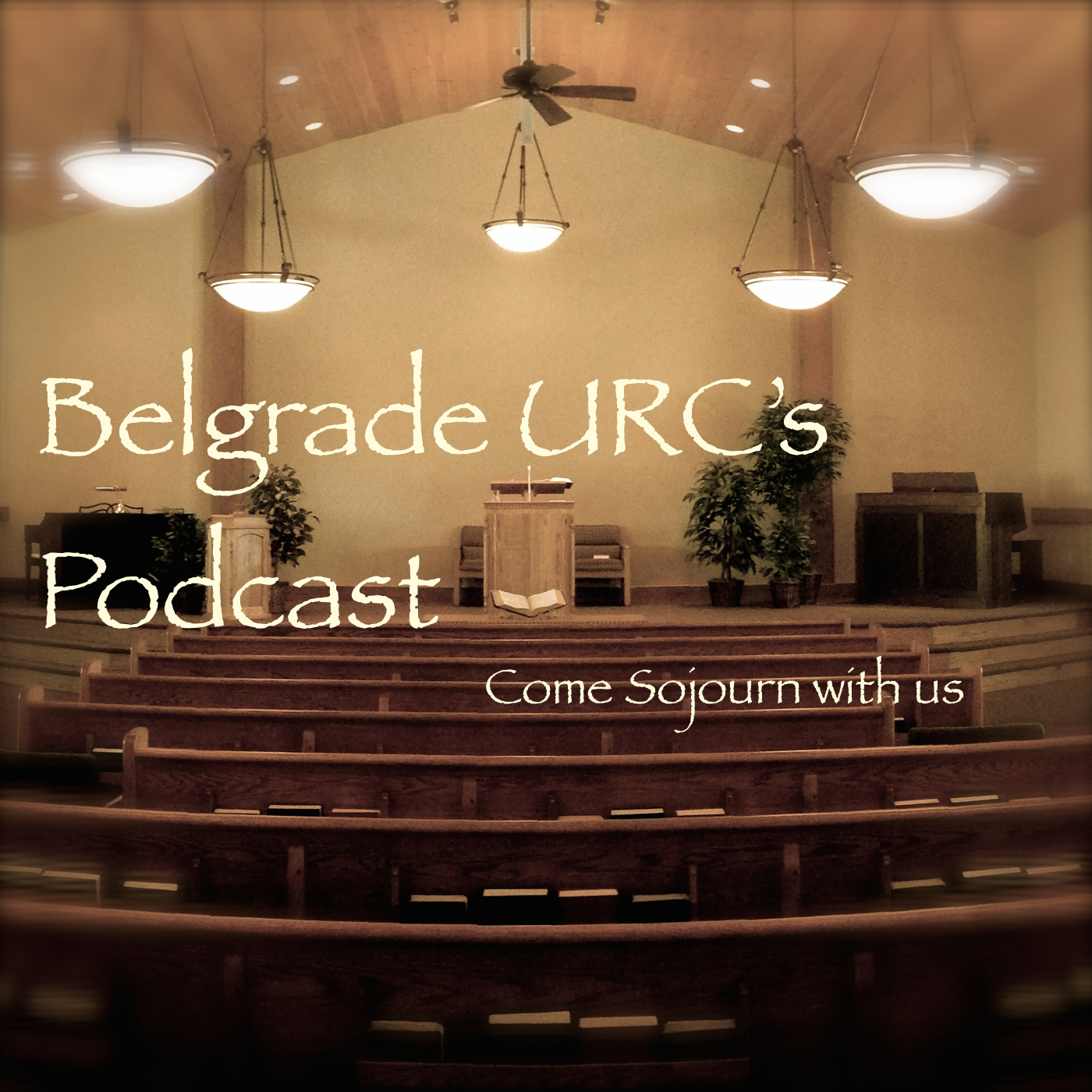Worship 10 am & 6 pm
Belgrade United Reformed Church
17333 Frontage Road
Belgrade, MT 59714

A Little Faith Goes A Long Ways (Luke 17:1-10)
Christ’s teaching affirms the validity of Moses and the prophets, emphasizing the importance of a Christian walk as a servant before our gracious master. The apostles request more faith, but Christ emphasizes the transformative power of the Holy Spirit. Ultimately, living in God’s service is a joy, knowing His favor is unearned. It is the assurance that we live for the greatest master.










